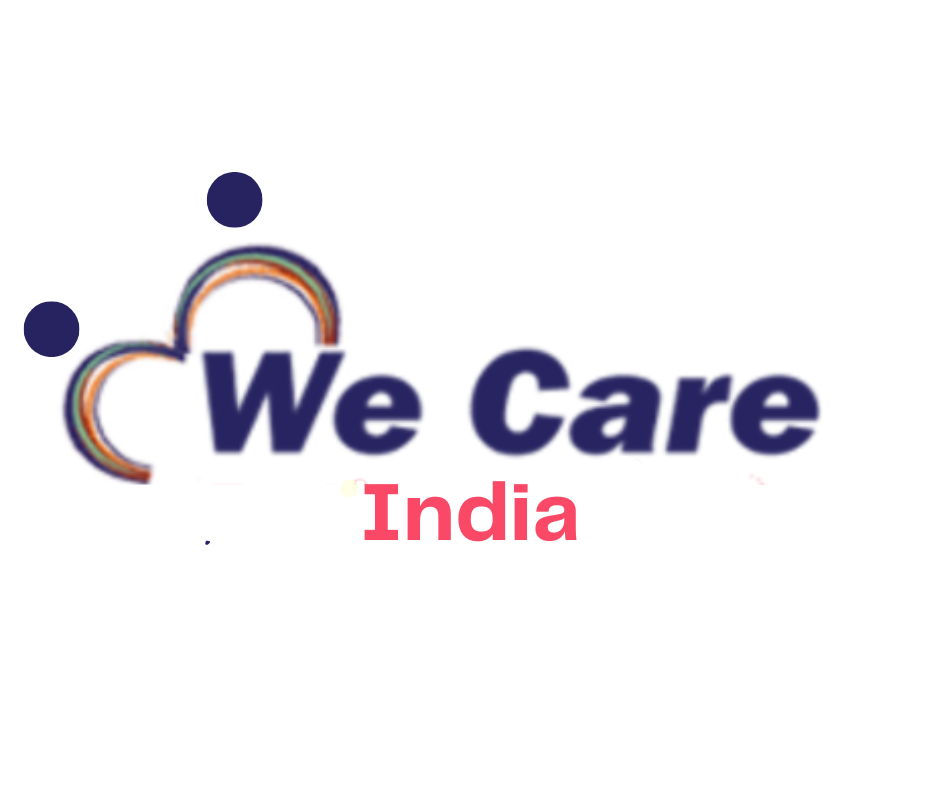[vc_row][vc_column][vc_column_text]
DR. S PALANIAPPAN – SR. CONSULTANT GASTROENTEROLOGY, INDIA


[/vc_column_text][/vc_column][/vc_row][vc_row][vc_column][vc_message style=”square” message_box_color=”mulled_wine”]For more information, medical assessment and medical quote send your detailed medical history and medical reports as email attachment to Email : – [email protected] Call: +91 9029304141 (10 am. To 8 pm. IST)[/vc_message][/vc_column][/vc_row]



